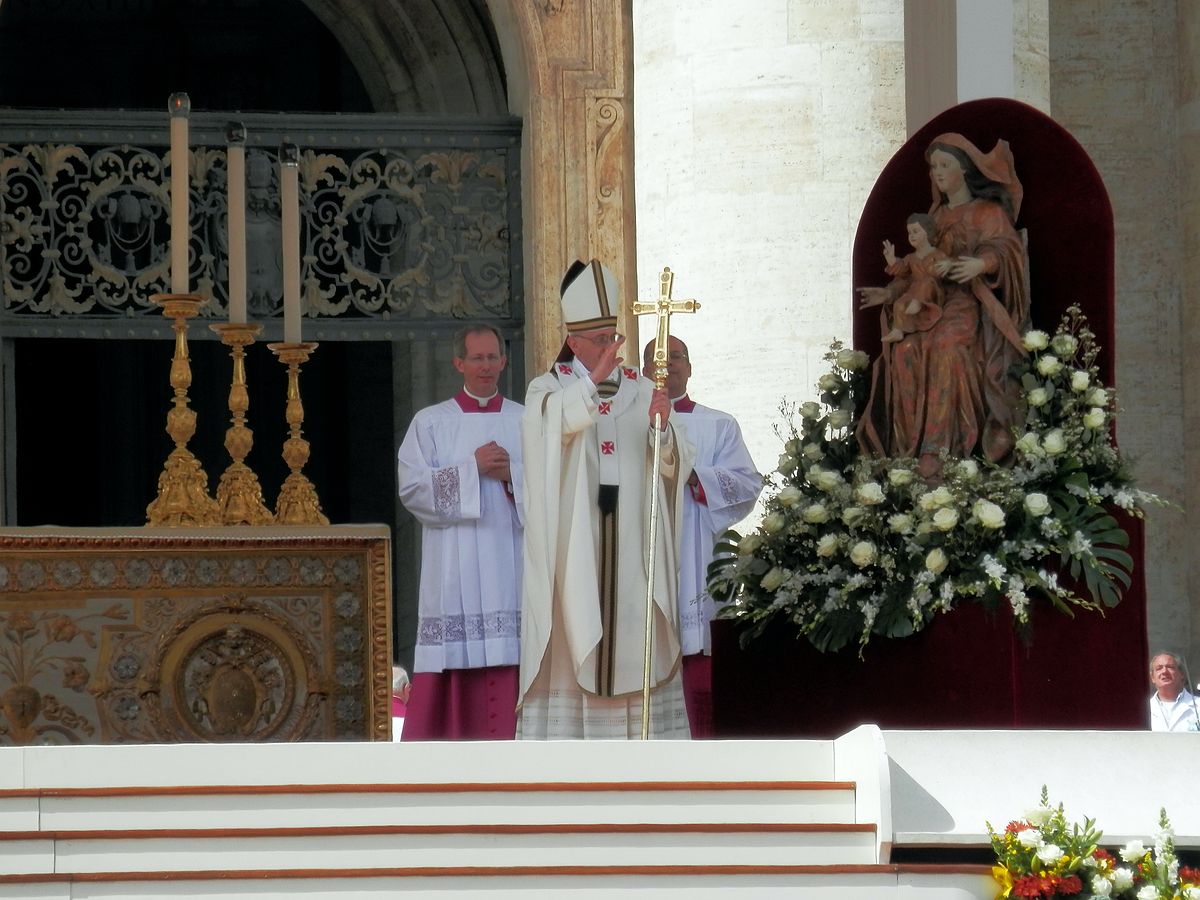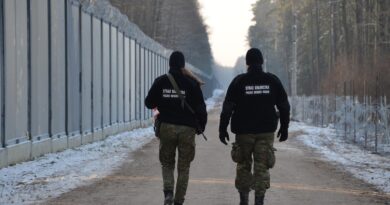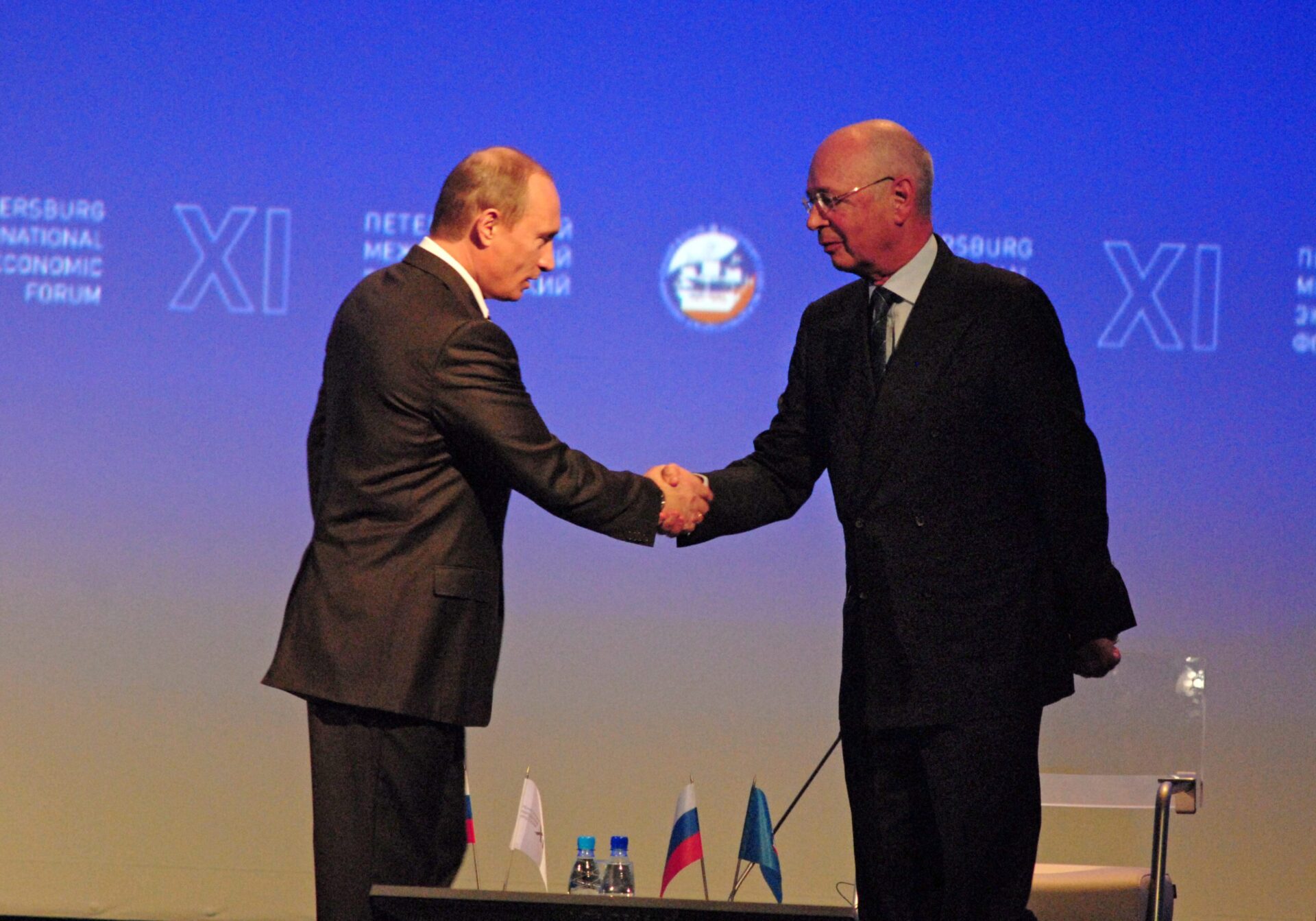Papal pacifism: Moscow’s shadow over the Vatican (Part 2)

Who exactly is Pope Francis in favor of in this war?
Tomasz Rowiński
(…)
No mention of liability
As Russia invaded Ukraine, the Vatican Secretary of State issued a statement on February 25th. “There is still time for good will, there is still space for negotiation, there is still room to exercise a wisdom that prevents partisan interests from prevailing, that protects everyone’s legitimate aspirations and spares the world from the folly and horrors of war” – said Cardinal Parolin. However, not a single word was uttered from his lips about the liability of specific individuals or a particular country. In fact, Parolin used the symmetrical euphemism of “crisis in Ukraine” to describe the situation, as well as the well-known neutralizing term of Russian propaganda, which refers to “military operations on the territory of Ukraine”.
The Pope himself was silent until Sunday, February 27th, when during the “Angelus” prayer, he first responded to the situation of war: “Those who make war forget humanity. It does not come from the people. They don’t consider the everyday lives of people but put partisan interests before everything and trust in the diabolic and perverse logic of weapons, which is the furthest thing from God’s mind. May the weapons fall silent. God is with the peacemakers, not with those who use violence … It is the people who are the real victims, who pay for the folly of war with their own skin”, said Pope Francis. This statement caused concern. It was difficult to understand what the Pope meant, especially since two days earlier he had made a bizarre gesture and, in addition to the diplomatic protocol, visited the Russian embassy.
(…)
However, the Pope did not realize that the rejection of the “just war” and the replacement of the principles of politics with pacifist moralism could lead to an even worse demoralization and justification of the inhuman domination of the stronger over the weaker. For it is something else, but not a public scandal, to deny the attacked person the right to defend their achievements – spiritual, cultural, and material.
Saint Augustine, one of the most important just war theorists, believed that war is an evil that must sometimes be resorted to in order to restore just peace and avoid even more serious misfortunes. At the same time, it can only be just if the peace it brings about is just. Russian actions cannot be included in this framework, unless one adopts the Russian point of view about NATO as an aggressive force seeking to destroy the great Russian spirit.
The problem with Francis’ attitude, however, is that, before he began to criticize defense wars, in the encyclical Fratelli tutti (para. 258 and footnote 242), he spoke firmly against – to some extent rightly – preventive wars. Shouldn’t he therefore be consistent? Why did he not oppose the drastic prevention – carried out without sufficient justification – that Russia undertook against its weaker neighbor, while ruining its cities and committing war crimes?
Let’s end with a little hope. On February 26th, the Pope called the head of the Ukrainian Greek Catholic Church, Archbishop Sviatoslav Shevchuk. According to the secretariat of the archbishop, Francis allegedly said: “I will do everything in my power”. Although it is hard to believe that telling the truth about the Russian invasion was beyond the papal “power”, it is still possible that the Holy See, behind the scenes, remains active in the efforts of peace. And that it is not only in the form of prayer, which is so important in this time. Simultaneously, looking at the ongoing war, it is hard to find a more painful reflection concerning the entirety of the papal foreign policy and papal pacifism.
This article was published in “Do Rzeczy” magazine.



